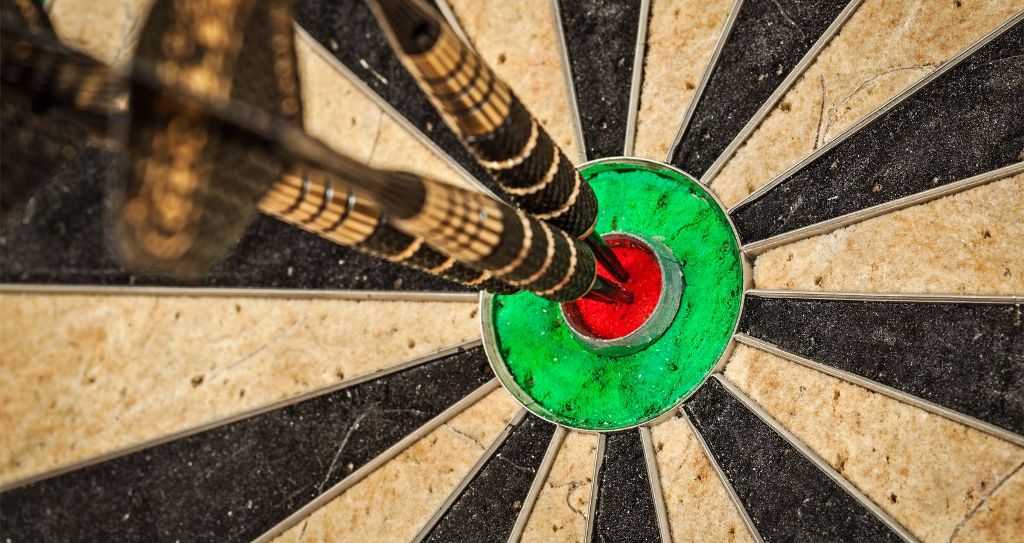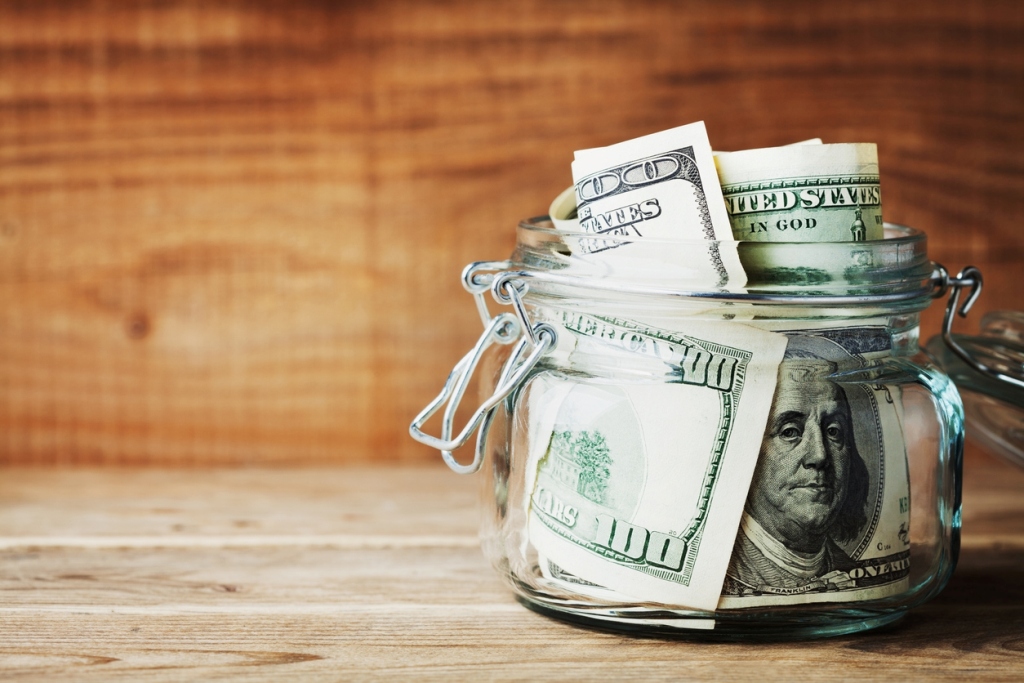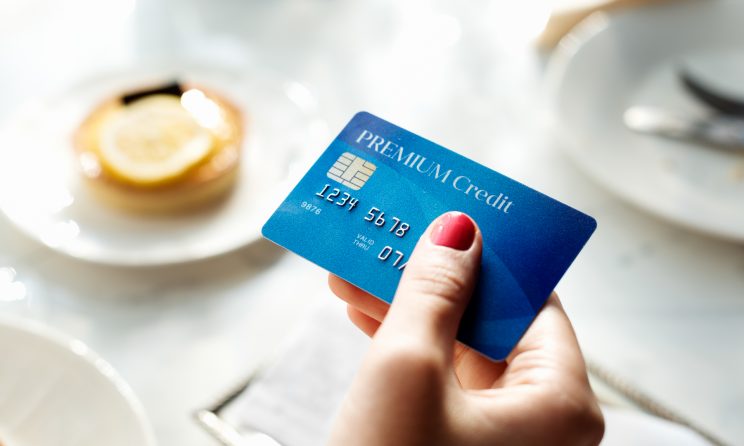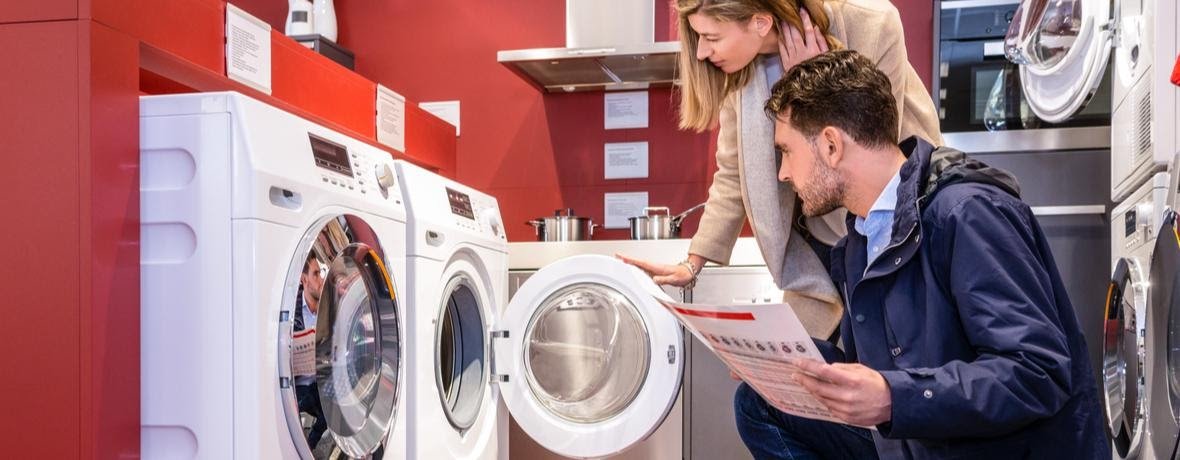Are you looking to make some major purchases this upcoming year and need to save the money for them? Sometimes, it can be hard to save, especially when you have monthly bills. But it’s not impossible. You should still be able to save some money throughout the year to help you reach the amount you need for your major purchases. Where should you start? Here are five saving tips to follow for major purchases.
{ 1 } Set a Goal and Stick To It

This may sound simple, but one of the best ways to save money is to have a goal in mind and work toward that goal. Write down the major purchase you’re thinking about and when you need or want to make that purchase by. Then take a look at how much money you’ve already saved and estimate how much money you’ll be receiving in the future that you can put toward this goal.
Depending on whether the major purchase will be made in the short- or long-term will affect how you will save for that money. For instance, if this is a purchase that will be made in the long-term, such as a down payment on a home or your child’s education, it’s worth looking at different accounts, such as a certificate of deposit or 529 plan, to put your money in. If it’s a short-term goal, utilizing your savings account might work best.
{ 2 } Make Saving Money Automatic

Do you have a direct deposit from your job already going into your checking account? Or do you always put money right into your checking account but sometimes forget to put anything in your savings account? Fix this by making the saving automatic. It doesn’t have to be a very large amount, but setting aside a small percentage of your deposit each month can go a long way.
Money adds up over time. If you don’t need every single cent of your deposit to pay off your bills, allocate that amount to be put into your savings account monthly. Most credit unions, such as Rivermark Community Credit Union, have free transfers between your checking and savings accounts (when you have both accounts with the same credit union) and offer the option to have this done automatically, so you don’t even have to think about it. Additionally, by having a little less money in your checking account, your temptation to spend on smaller, unnecessary items will decrease.
{ 3 } Prioritize Your Spending

There are some expenses each month that you need to pay, such as groceries, rent or mortgage, insurance, and so on. But there are probably some expenses each month that you don’t have to spend on. If you’re an avid coffee drinker, for example, instead of buying coffee at a café every day, make it at home or take advantage if your office offers coffee. Cut down on the going out to eat. Turn off your lights when you’re not using a specific room. Small changes like that can add up to make a big difference.
By prioritizing, you’re spending your money only on the things you truly need. When you’re saving for a major purchase, it’s important to keep that in mind and save the money you would normally spend on smaller, frivolous purchases to go toward the major purchase you want to make.
{ 4 } Pay Attention to Sales

Most major items you’re looking to purchase—whether it’s a plasma flat-screen television, a new washer and dryer, or a week-long vacation—will go on sale sometime during the year. It’s beneficial to have an idea as to when this item will go on sale. This article from NerdWallet suggests the best month to purchase popular items. Will it be the doorbuster deal on Black Friday? Are you looking for a new mattress? They generally go on sale around Labor Day. It’s also important you do your research online to see if any store is offering the item you’re looking for at a lower price.
Additionally, ask around. If any of your friends or family have purchased the item you’re interested in, ask them when and where they bought it. If you’re in a store, ask one of the employees there if they know if the item will be going on sale. If it is, you don’t want you to pay the full price for the item, and you shouldn’t have to.
{ 5 } Utilize Your Credit Card

If you use a credit card regularly, look into a credit card that awards you points with every purchase. You’re already spending this money anyway, right? Why not try to make a little something from it. If you’re already in debt, however, this isn’t the right strategy for you. But if you’re not in debt, and are looking to make a major purchase, taking advantage of credit card points is an option. Just keep in mind that your credit card company will charge interest if you don’t repay the purchase right away. You could end up paying more for your major purchase than you would if you just saved up.
Depending on the card that you open, you might be able to earn awards for travel or cashback. When it’s time to make your major purchase, use this credit card and apply some awards points when it comes time to pay that credit card bill. If your major purchase is travel, use your points from your travel rewards credit card to help pay for the travel. This way, you aren’t paying the entire amount of the major purchase outright.
Saving money for major purchases is possible. The above five tips are a good way for you to start. It’s important to always keep your goal in mind and actively work toward that goal. Take advantage of sales, credit card rewards, and automatic transfers from your checking account. Put the small purchases on hold for a little bit if you can, and remember that this money will be used for the major purchases you are looking to make. It may be a bit difficult at times, but once you have successfully made the major purchases, you’ll feel a sense of comfort and pride—and, of course, you’ll be able to enjoy your purchase.


















